Leaders demand end to Libya violence
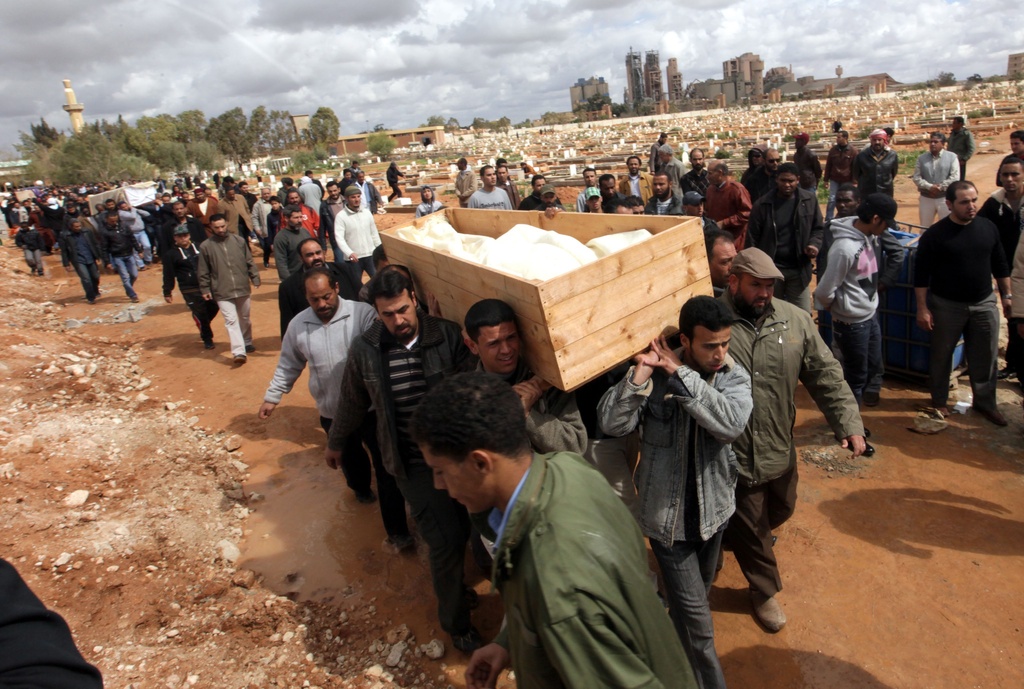
Swiss President Micheline Calmy-Rey has warned that crimes against humanity are still being committed by the Libyan government against its people.
She was backed in Geneva by United States Secretary of State Hillary Clinton, who said Libyan leader Moammar Gaddafi was using “mercenaries and thugs” to attack unarmed civilians and must leave power “now, without further violence or delay”.
Calmy-Rey and Clinton were speaking at the United Nations Human Rights Council, where numerous foreign ministers and other top officials were meeting to discuss the situation in Libya and north Africa.
In her address to the council, Calmy-Rey, who is also foreign minister, condemned extra-judicial killings of protestors by the Libyan security forces.
“Information that has been provided to us leads us to believe that crimes against humanity have been and continue to be committed by the Libyan government,” she said.
“The violence must cease immediately. The authors of these crimes must be brought to justice. To that end, Switzerland welcomes the decision taken by the Security Council to refer the matter to the International Criminal Court (ICC).”
On Saturday the UN Security Council voted unanimously to impose travel and asset sanctions on Gaddafi and his entourage, as well as an arms embargo. It also agreed on referring Gaddafi and events in Libya since February 15 to the ICC in The Hague.
The ICC prosecutor said he would finish a preliminary examination of the violence within days, after which he could open a full enquiry.
“Complex issue”
On Monday the US began repositioning naval and air force units around Libya, which Clinton said could be used for humanitarian and rescue missions. She added that all options were on the table for further steps.
“We have seen Colonel Gaddafi’s security forces open fire on peaceful protesters. They have used heavy weapons on unarmed civilians. Mercenaries and thugs have been turned loose to attack demonstrators,” Clinton said.
“Through their actions, they have lost the legitimacy to govern. And the people of Libya have made themselves clear: it is time for Gaddafi to go – now, without further violence or delay”.
US officials said Clinton’s one-day trip to Geneva was aimed at reinforcing international determination to act on Gaddafi, whose brutal suppression of anti-government protests has sparked fears of civil war in the North African state.
Clinton said on Sunday the US was reaching out to Libyan rebels, who have seized large parts of the country and now face Gaddafi loyalist forces dug in Tripoli.
“I think it’s way too soon to tell how this is going to play out, but we’re going to be ready and prepared to offer any kind of assistance that anyone wishes to have from the United States,” she said.
Earlier on Monday European Union foreign policy chief Catherine Ashton said the EU was adopting additional sanctions against Libya, including a freeze on assets, that would bolster the Security Council measures.
Ashton said the world’s powers were also discussing the “complex issue” of creating a no-fly zone over Libya.
Germany went further. Foreign minister Guido Westerwelle proposed a 60-day economic embargo to prevent Gaddafi’s regime from using oil and other revenues to repress his people. The German action is significant because 85 per cent of Libya’s oil goes to European customers.
Frozen funds
Calmy-Rey would not elaborate on whether Switzerland would seek any additional measures.
“Switzerland will apply the UN Security Council resolution on Libya taken on Saturday,” she told swissinfo.ch.
“It has already blocked funds and resources belonging to the Gaddafi family; the international community has followed this with tough sanctions, an enquiry at the International Criminal Court and suspension of Libya from the Human Rights Council. Switzerland supports this process.”
She refused to say what assets belonging to Gaddafi and his entourage had been blocked in Switzerland so far, following a freeze announced on February 24, or whether action would be extended to Libyan oil concern Tamoil.
Switzerland imports about 20 per cent of its oil from Libya. Tamoil has a presence in Switzerland with several petrol stations and an oil refinery in Collombey, canton Valais. According to the Swiss National Bank, only about SFr630 million ($680 million) of Libyan assets is left in Switzerland from what were once holdings of SFr5.7 billion.
“Exceptional move”
The UN General Assembly is due to meet on Tuesday to take up a unanimous call from the Human Rights Council last Friday to suspend the membership of Libya in the Geneva-based rights body.
General Assembly President Joseph Deiss declined to comment on whether two-thirds of the 192 UN member states were likely to vote in favour of suspending Libya.
“What is clear is that the move by the Human Rights Council was an exceptional one,” the former Swiss cabinet minister told swissinfo.ch.
“The situation in Libya is deeply shocking and not dealing with this issue would be a serious failure and huge loss of credibility for the council and the UN.”
Some 1.5 million foreigners were in Libya before the uprising began.
Wealthy states have sent planes and ships to bring home expatriate workers but many more, from poorer countries, are stranded. Thousands of Egyptians have been streaming into Tunisia, complaining that Cairo has done nothing to help them.
The United Nations refugee agency said on Sunday nearly 100,000 people have fled violence in Libya in the past week in a growing humanitarian crisis. Turkey said Monday it had evacuated 18,000 citizens. Over 20,000 Chinese workers and 10,000 EU citizens have also left Libya.
France pledged on Monday to send two planes with humanitarian aid to Libya’s opposition stronghold of Benghazi.
The Swiss-run International Committee of the Red Cross (ICRC) reported on Sunday that 256 people had been killed and 2,000 injured in the unrest in Benghazi. The ICRC has sent a team to Benghazi to support the Libyan Red Crescent. A medical team made up of two surgeons, a doctor and two nurses, crossed into Libya from Egypt on Sunday afternoon. Truckloads of medical supplies are also due to arrive in Libya from Cairo in the coming days. Médecins sans frontières (MSF) has also sent a six-person medical team to Benghazi.

In compliance with the JTI standards
More: SWI swissinfo.ch certified by the Journalism Trust Initiative





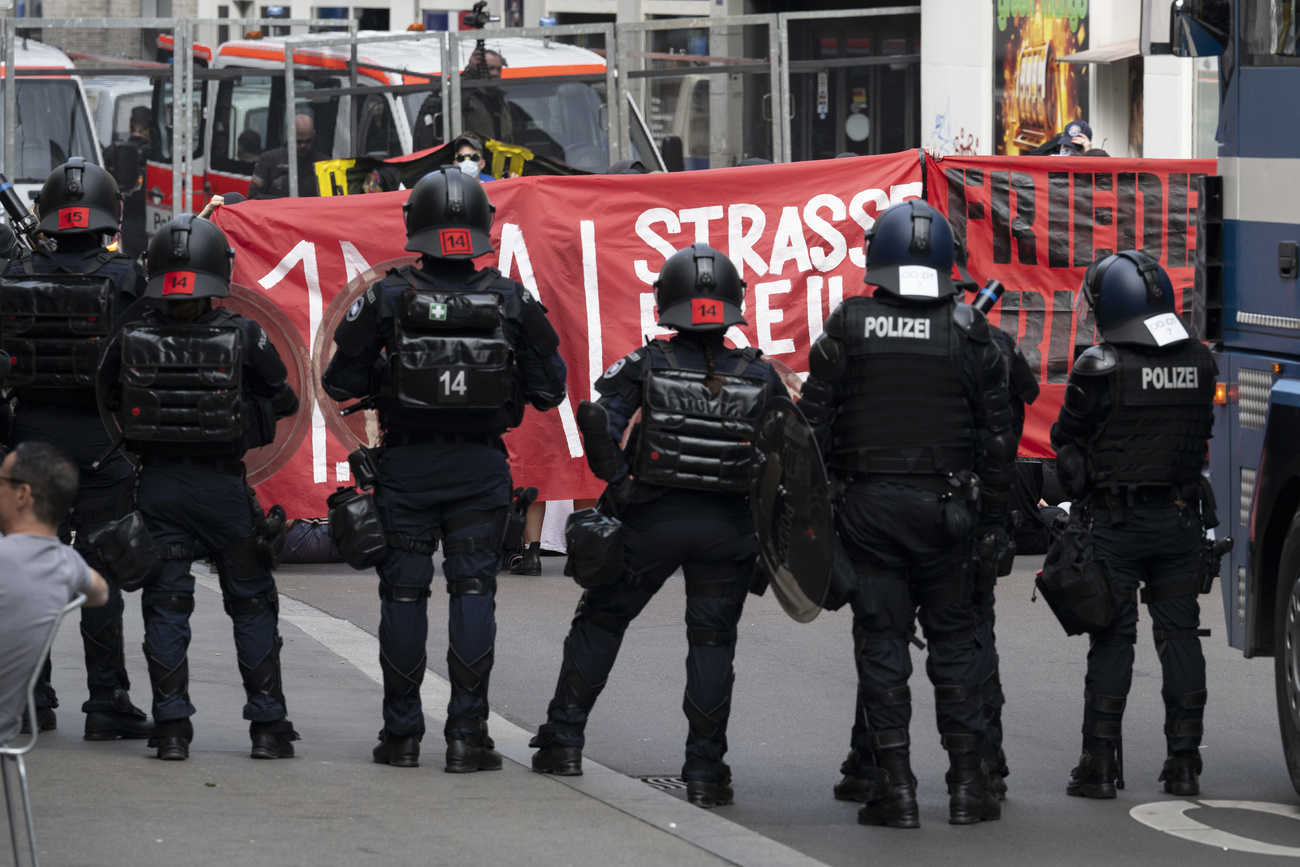



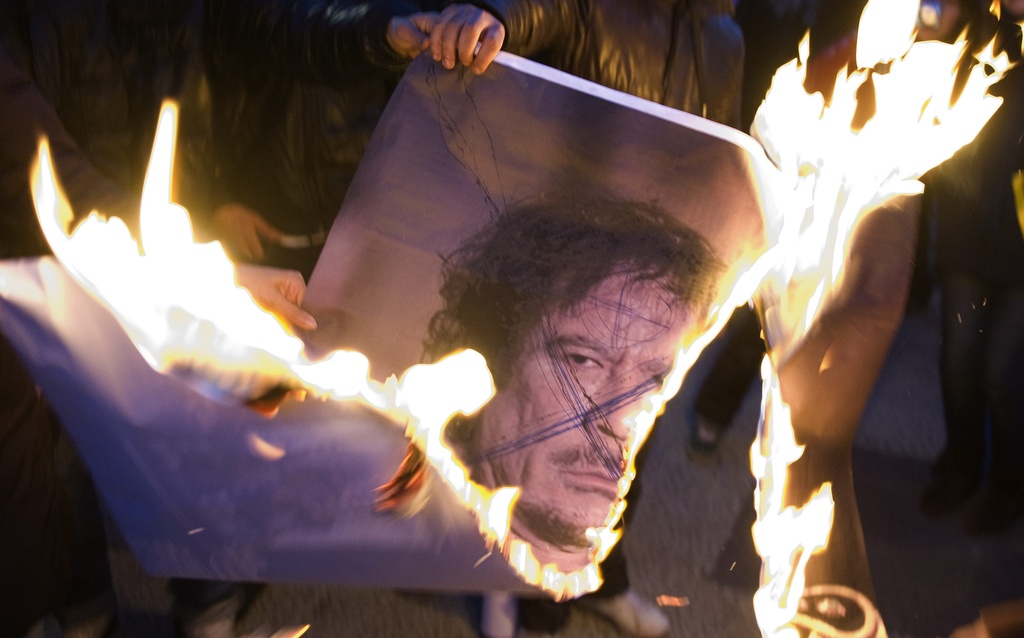
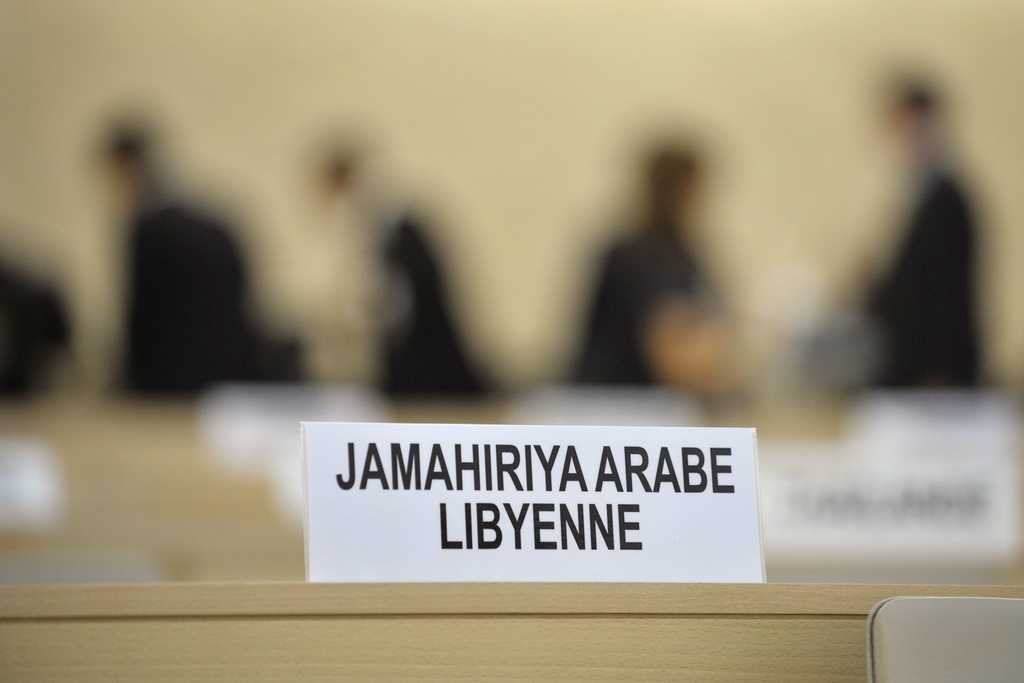
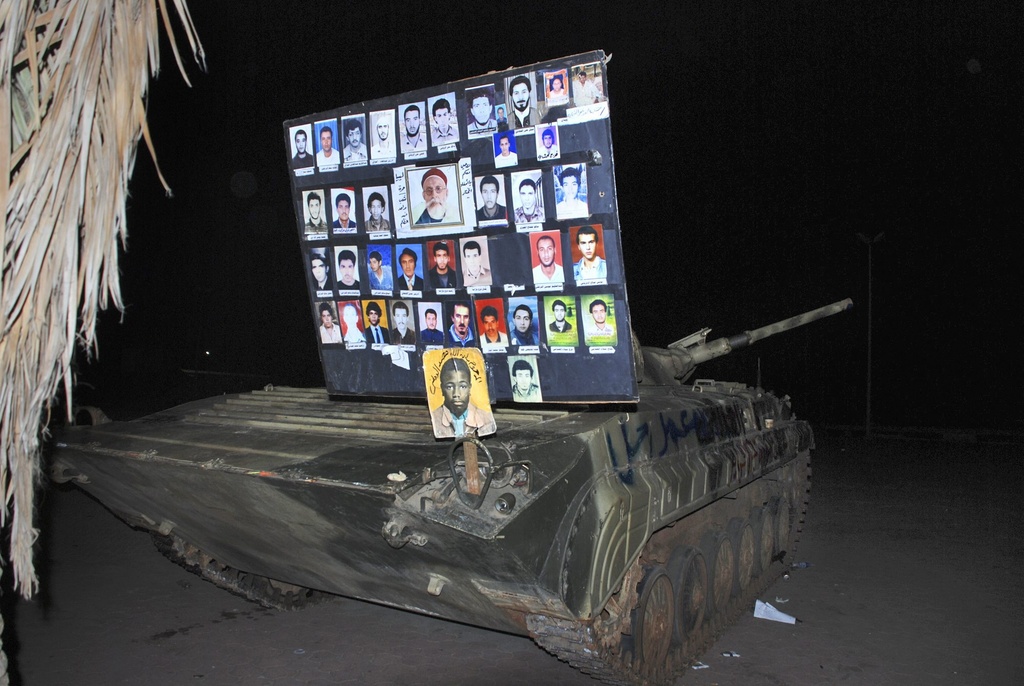

You can find an overview of ongoing debates with our journalists here . Please join us!
If you want to start a conversation about a topic raised in this article or want to report factual errors, email us at english@swissinfo.ch.